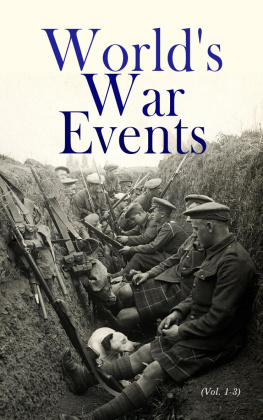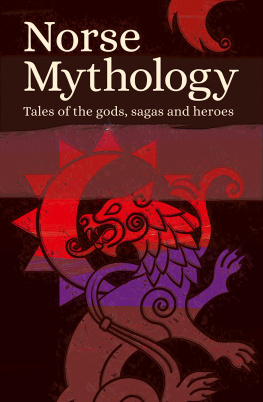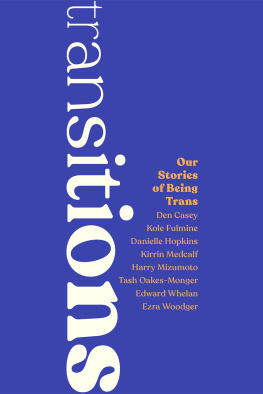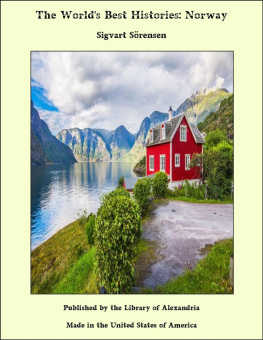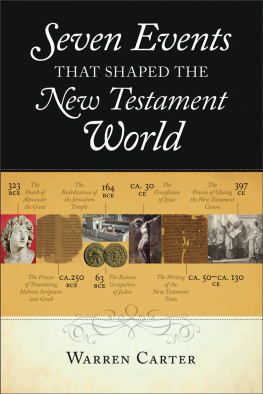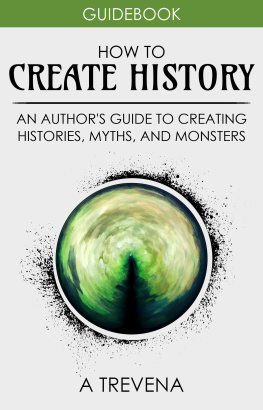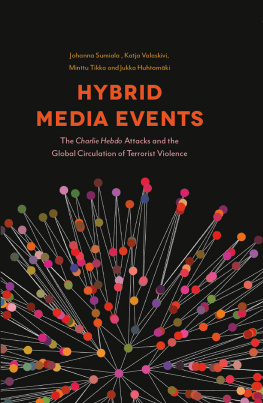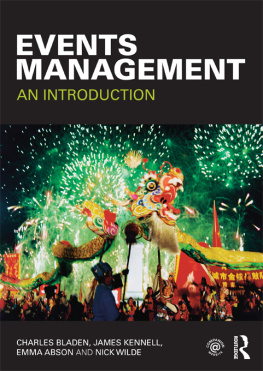I
Political designs of Francis Ferdinand.
The Archduke Francis Ferdinand will go down to posterity without having yielded up his secret. Great political designs have been ascribed to him, mainly on the strength of his friendship with William II. What do we really know about him? He was strong-willed and obstinate, very Clerical, very Austrian, disliking the Hungarians to such an extent that he kept their statesmen at arm's-length, and having no love for Italy. He has been credited with sympathies towards the Slav elements of the Empire; it has been asserted that he dreamt of setting up, in place of the dual monarchy, a "triune State," in which the third factor would have been made up for the most part of Slav provinces carved out of the Kingdom of St. Stephen. Immediately after he had been murdered, the Vossische Zeitung refuted this theory with arguments which seemed to me thoroughly sound.
The Archduke, said the Berlin newspaper, was too keen-witted not to see that he would thus be creating two rivals for Austria instead of one, and that the Serb populations would come within the orbit of Belgrade rather than of Vienna. Serbia would become the Piedmont of the Balkans; she would draw to herself the Slavs of the Danube valley by a process of crystallization similar to that which brought about Italian unity.
Army and Navy reorganized.
From year to year the Archduke had acquired more and more weight in the governance of the Empire, in proportion as his uncle's will grew weaker beneath the burden of advancing age. Thus he had succeeded in his efforts to provide Austria-Hungary with a new navy, the counterpart, on a more modest scale, of the German fleet, and to reorganize the effective army, here again taking Germany for his model. Among certain cliques, he was accused of not keeping enough in the background, of showing little tact or consideration in the manner of thrusting aside the phantom Emperor, who was gently gliding into the winter of the years at Schnbrunn amid the veneration of his subjects of every race.
Another charge was that he appointed too many of his creatures to important civil and military posts.
Antagonism of Russia and Austria.
We may well believe that this prince, observing the gradual decay of the monarchy, tried to restore its vigour, and that his first thought was to hold with a firm grasp, even before assuming the Imperial crown, the cluster of nationalities, mutually hostile and always discontented, that go to make up the Dual Empire. So far as foreign relations are concerned, we may assume that he was bent on winning her a place in the first rank of Powers; that he wished, above all, to see her predominant all along the Danube and in the Balkans; that he even aimed at giving her the road to Salonika and the Levant, though it were at the price of a collision with Russia. This antagonism between the two neighbour Empires must have often been among the topics of his conversations with William II.
The Archduke needed military glory, prestige won on the battle-field, in order to seat his consort firmly on the throne and make his children heirs to the Csars. He had been suspected, both in Austria and abroad, of not wishing to observe the family compact which he had signed at the time of his marriage with Countess Sophie Chotek. It was thought that he perhaps reserved the right to declare it null and void, in view of the constraint that had been put upon him. The successive honours that had drawn the Duchess of Hohenberg from the obscurity in which the morganatic wife of a German prince is usually wrapped, and had brought her near to the steps of the throne, showed clearly that her rise would not stop half-way.
Domestic life of the Archduke.
The Archduke, like William II himself, was reputed to be an exemplary father and husband. He was one of those princes who adore their own children, but, under the spur of political ambition, are very prone to send the children of others to the shambles. A fine theme for Socialist and Republican preachers to enlarge upon!
I often met the heir to the Imperial crown, especially at Vienna in 1910, where I had the honour of accompanying my Sovereign, and two years later at Munich, the Prince Regent's funeral.
On each occasion this Hapsburg, with his heavy features, his scowling expression, and his rather corpulent figure (quite different from the slim build characteristic of his line), struck me as a singular type. His face was certainly not sympathetic, nor was his manner engaging. The Duchess of Hohenberg, whom, after having known her as a little girl when her father was Austrian Minister at Brussels, I found gracefully doing the honours in the Belvedere Palace, had retained in her high station the genial simplicity of the Chotek family. This probably did not prevent her from cherishing the loftiest ambitions for herself, and above all for her eldest son, and from coveting the glory of the double crown.
II
Assassination of Francis Ferdinand.
The news that an assassin's hand had struck down the Archduke and his wife, inseparable even in death, burst upon Berlin on the afternoon of Sunday, June 28, like an unexpected thunderclap in the midst of a calm summer's day. I went over at once to the Austro-Hungarian Embassy, in order to express all the horror that I felt at this savage drama. Count Szgyen, the senior member of the diplomatic corps, was on the eve of resigning the post that he had held for twenty years, honoured by all his colleagues. It was whispered that his removal had been asked for by the Archduke, who was anxious to introduce young blood into the diplomatic service. I found the Ambassador quite overcome by the terrible news. He seemed stricken with grief at the thought of his aged Sovereign, who had already lost so many of his nearest and dearest, and of the Dual Empire, robbed of its most skillful pilot, and with no one to steer it now but an octogenarian leaning on a youth of twenty-six. M. Cambon had come to the Embassy at the same time, and we left together discussing the results, still impossible to foresee clearly, that this fatality might have for European affairs.
Serajevo tragedy a menace.
From the very next day the tone of the Berlin Press, in commenting on the Serajevo tragedy, was full of menace. It expected the Vienna Cabinet to send to Belgrade an immediate request for satisfaction, if Serbian subjects, as it was believed, were among those who had devised and carried out the plot. But how far would this satisfaction go, and in what form would it be demanded? There was the rub. The report, issued by the semi-official Lokalanzeiger, of a pressure exerted by the Austro-Hungarian Minister, with a view to making the Serbian Government institute proceedings against the anarchist societies of which the Archduke and his wife had been the victims, surprised no one, but was not confirmed. On the other hand, a softer breeze soon blew from Vienna and Budapest, and under its influence the excitement of the Berlin newspapers suddenly abated. An order seemed to have been issued: the rage and fluster of the public were to be allowed to cool down. The Austro-Hungarian Government, so we were informed by the news agencies, were quietly taking steps to prosecute the murderers. Count Berchtold, in speaking to the diplomatic corps at Vienna, and Count Tisza, in addressing Parliament at Budapest, used reassuring language, which raised hopes of a peaceful solution.

